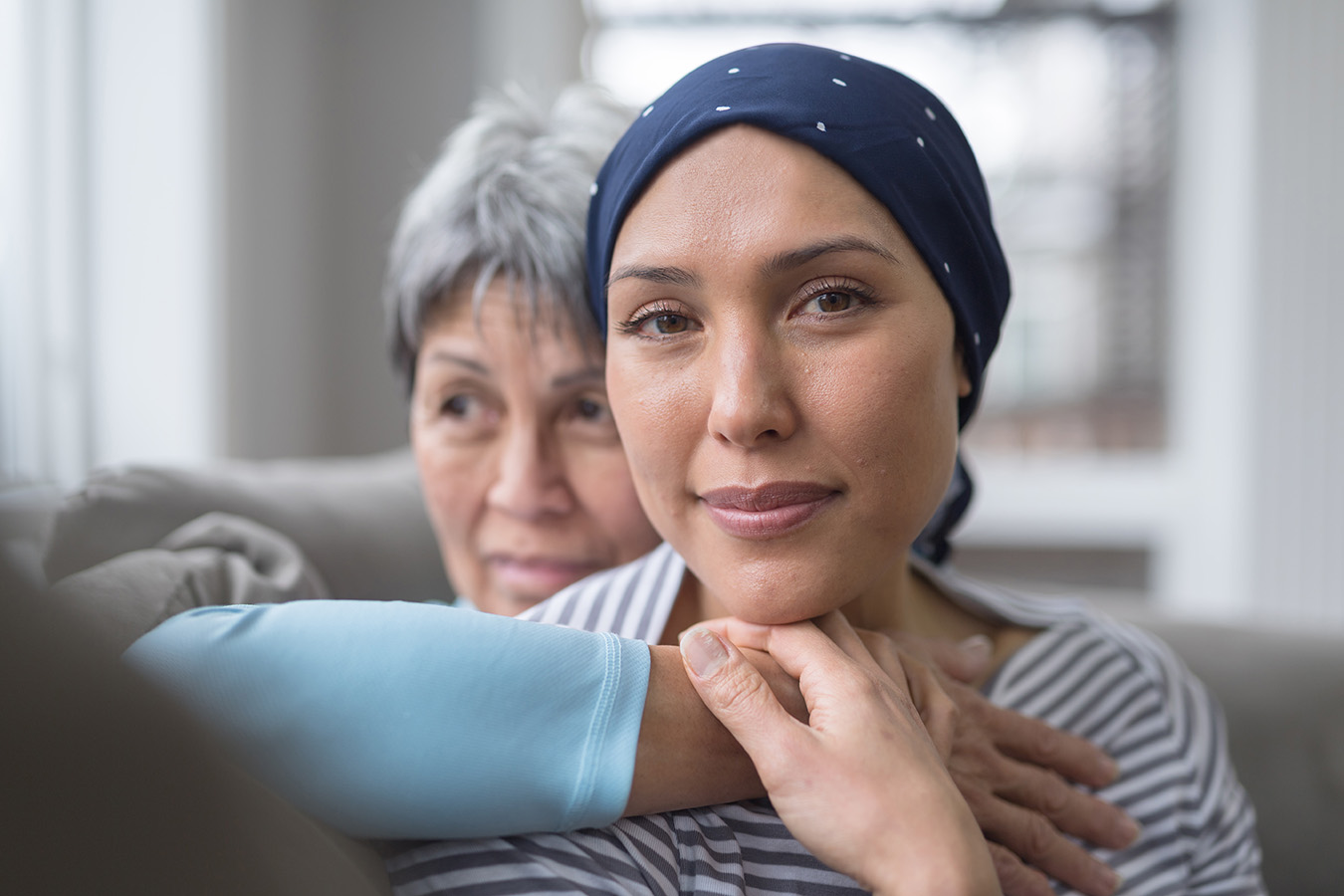How Do Genetics Affect Your Cancer Risk?

In recent years, treatments for pancreatic, breast, ovarian, prostate and other forms of cancer have grown more sophisticated with the advent of targeted therapies. As the name implies, these forms of therapy can specifically target the mutated cancer cells within the body without impacting your body’s normal cells, according to the American Cancer Society.
The rise of targeted therapy, also called precision medicine, has come hand in hand with the growing importance of genetic counselors in managing cancer and cancer risks.
According to the National Society of Genetic Counselors, genetic counselors are specially qualified to help patients and their families understand and adapt to the unique medical, psychologic and familial implications of genetic contributions to disease.
How genetic counselors help with cancer treatment
Ten or more percent of these cancers can result from inherited gene mutations.
Talia Donenberg, a genetic counselor with Sylvester Comprehensive Cancer Center and the University of Miami Health System, says that, for pancreatic cancer and others like breast, ovary and prostate, patients are advised to see a genetic counselor for testing after diagnosis or after they test positive for mutations.
“These treatments are specifically targeted to exploit the genetic weaknesses in the tumor cells and destroy them,” says Donenberg.
Determining a potential cancer treatment is just one of many reasons why genetic testing is a good idea.
Genetic and genomic testing are frequently utilized together in cancer to distinguish inherited mutations (called germline) from mutations that are only found in the tumor (somatic). Both can be used for targeted treatment. But breakthrough cancer treatment is only the most recent indication for germline genetic testing.
Many inherited cancer syndromes also increase the risk for a pattern of cancers, depending on the gene. For instance, a breast cancer patient may be cured of their disease but have increased risks of ovarian, pancreatic and prostate (in men) cancers.
Early detection and risk reduction methods can be explored with genetic counselors prior to referrals to specialists for long term management.
Once a person has been treated for cancer, concern quickly turns to their sons and daughters and other family members who may be at risk for having inherited the same mutation. Often the chance to pass down an inherited cancer risk is 50% to each offspring who can take advantage of early age screening and risk reduction. Genetic counselors can play a crucial role in assessing the nature of a patient’s cancer to assist oncologist determine the proper treatment, to identify risks for additional cancer and to give valuable risk information to family members.
Family history can help determine your cancer risk
According to the American Cancer Society, genetic counselors determine cancer risk in patients who have not been diagnosed but have a family history of cancer. Donenberg says that genetic counseling can be helpful before a cancer diagnosis because it gives patients a proper understanding of their risks and what might lie ahead.
“When it comes to families struggling with pancreatic, ovarian and other cancers in their loved ones with high mortality rates, there can be a lot of anxiety and/or distress in family members facing risks,” says Donenberg.
“They may actually have a preconceived idea of how high their risk is, so we can provide a psychotherapeutic and educational approach to help understand risks, patients can adapt this information to make educated and empowered decisions about their health care.”
Wyatt Myers is a contributing writer for UMiami Health News.
Originally published on: November 29, 2021
Tags: cancer screening, genetic counseling, genetic testing, genetics, heredity cancer risk, high risk breast cancer, pancreatic, prostate cancer, prostate cancer screening, Talia Donenberg
